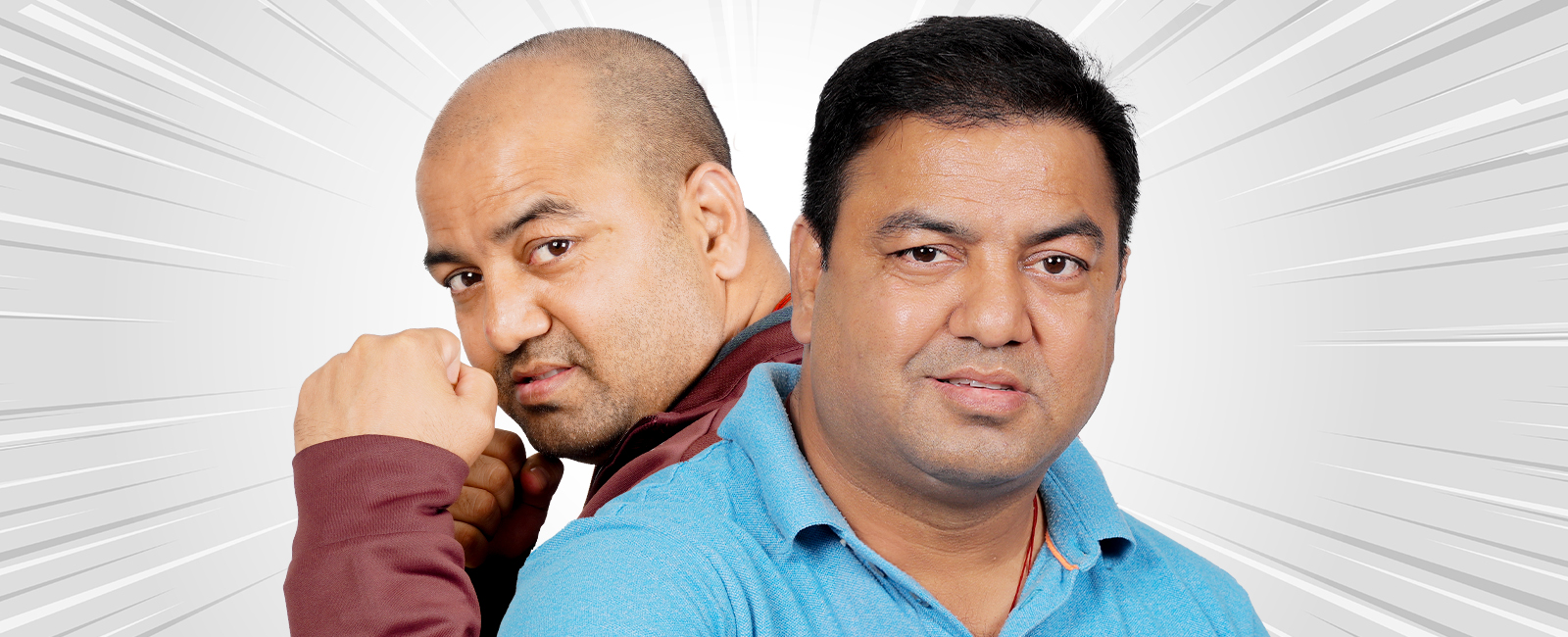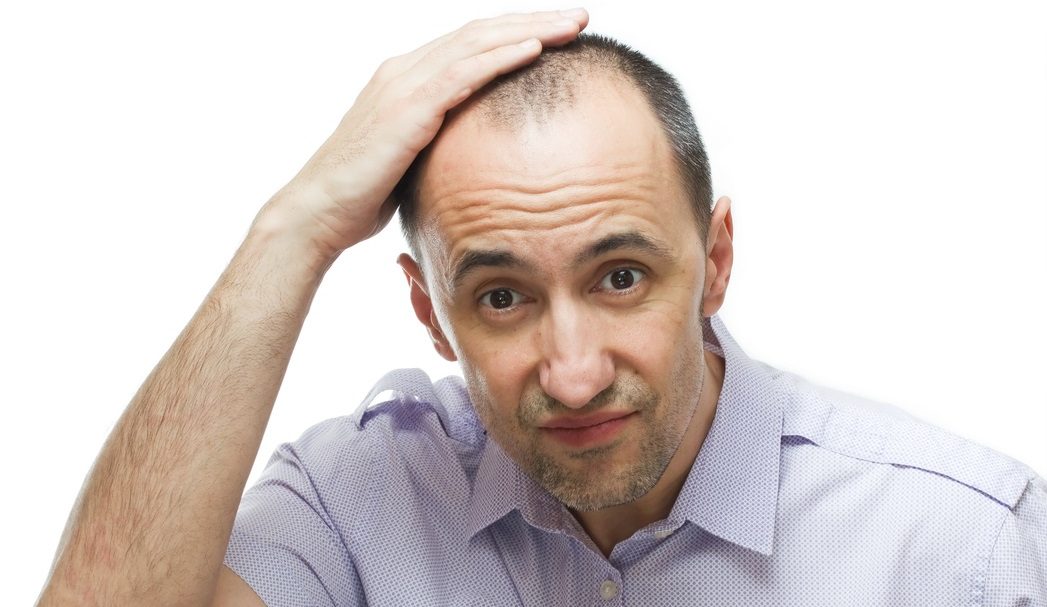At any age, hair loss is troubling for anyone. Not only does it swallow your confidence but somehow it also shows some sort of deficiency in your body. The lifestyle of the 21st century is responsible for premature balding for many.
There are many reasons for hair fall on your scalp. This article is trying to elucidate almost all.
- Androgenetic alopecia
- Telogen Effluvium
- Anagen Effluvium
- Cicatricial Alopecia
- Alopecia Areata
- Traction Alopecia
- Trichotillomania
Androgenetic alopecia: It is the most common hair fall noticed in both men and women. The reasons are mostly genetics. This type of hair fall problem can be sorted out with the help of medication or a hair transplant. After adolescence, males can start losing their hair at any time, and it can continue for years or even decades. It begins well above temples and travels all the way around the top and sides of the head, leaving a circle of hair frequently anywhere along the bottom of the forehead. This frequently results in baldness in men and then they start looking for hair loss treatment.
Women’s hair gradually thins throughout the scalp, but typically not at the hairline. Although hair loss can start at any moment after puberty, many women have this type as a normal part of ageing. Although baldness can occasionally result from female pattern hair loss, it rarely does. Hair fall reason in females is also genetics.
Telogen Effluvium: When numerous hair strands on the head enter the telogen phase, or resting phase, of the hair-growing cycle but the subsequent growth phase is not initiated, the condition known as telogen effluvium results. Without new hair development, this results in widespread scalp hair fall.
Even while you may shed 300 to 500 strands each day and your hair may look thin, notably at the top and temples, telogen effluvium typically does not result in total baldness.
This kind of hair fall is generally brought on by an illness, like a thyroid disorder, childbirth, treatment, or a fever. Telogen effluvium can also be brought on by a lack of certain vitamins, minerals, or drugs, such as the blood thinner warfarin or the acne medication isotretinoin. Anemia is a typical reason why women experience hair fall. This kind of hair fall can also result after beginning or discontinuing oral contraceptive pills (birth control pills).
Anagen Effluvium: Rapid hair loss from medical treatments like chemotherapy is known as anagen effluvium. These strong, quick-acting drugs eliminate cancer cells, however, they could also stop the growth of hair follicles on the scalp and in other areas of the body. Hair will often regrow naturally when treatment is finished.
Cicatricial Alopecia: Scarring alopecia, also described as cicatricial alopecia, is an uncommon kind of loss of hair in which scar tissue grows in its place after inflammation destroys the hair follicles. Hair doesn’t grow back when scar tissue has formed.
Hair fall may start off so gradually that no symptoms are present, or it may happen all at once. Severe itchiness, swelling, and sores on the head that may simulate a rash are some other symptoms. Both men and women can have this form of hair fall at any age.
Depending on the kind of scarring alopecia producing your symptoms, you may need treatment.
Alopecia Areata: Due to the autoimmune nature of alopecia areata, the immune system of the body assaults normal tissue, including the hair cells. This stops new hair from sprouting and leads to hair fall.
Hair fall can start quickly and without warning with this illness, which can affect both adults and children. Usually, scalp hair fall occurs in small spots and is painless. It’s possible for hair to fall out on other regions of the body, such as the brows and eyelashes. Alopecia totalis, or total hair loss, could develop as a result of this condition over time.
Traction Alopecia: Some hairdos, such as tight braids and ponytails, strain hair so firmly away from the scalp that hair follicles are broken and fall out. In traction alopecia, hair style does not change but still baldness is observed by the patients. Usually, hair grows back after you change your hairdo.
Trichotillomania: Trichotillomaniacs have a hard time stopping their hair from pulling. The scalp or other parts of the body experience hair fall as a result. If the practice is halted, hair frequently grows back, but if the pulling persists for a long time, hair fall may become permanent.
The best course of treatment for this problem may be counselling, which may entail discussing your reasons for feeling stressed and wanting to pull your hair out with a counsellor.





